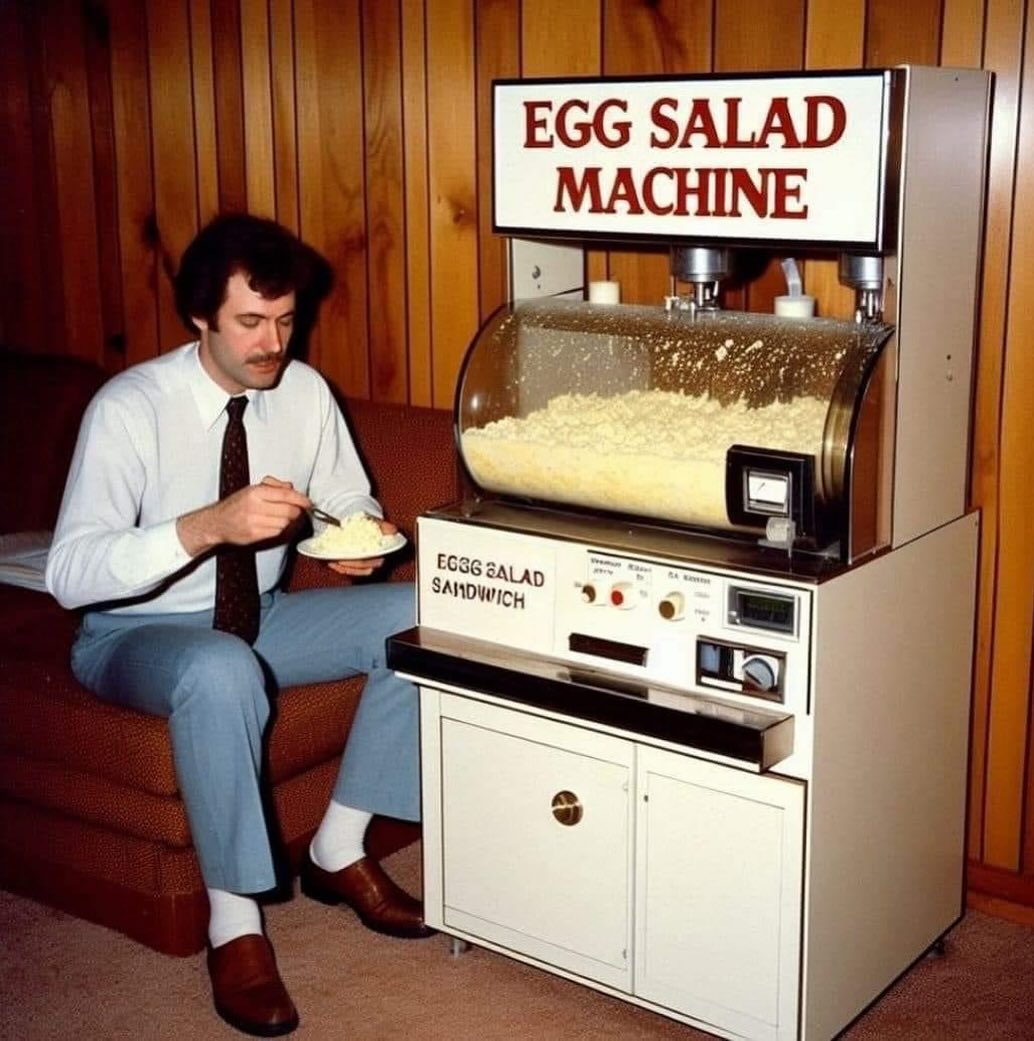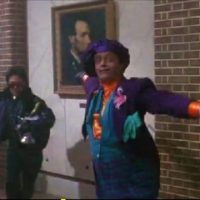They Shot First
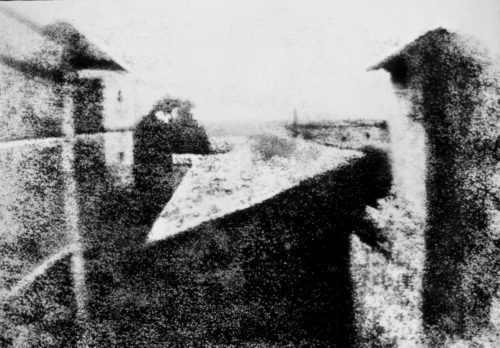
View from the Window at Le Gras is a heliographic image and the oldest surviving camera photograph. It was created by Nicéphore Niépce in 1826 or 1827 at Saint-Loup-de-Varennes, France, and shows parts of the buildings and surrounding countryside of his estate, Le Gras, as seen from a high window
–
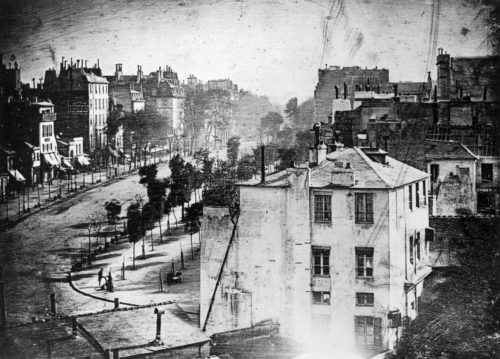
Boulevard du Temple, a daguerreotype made by Louis Daguerre in 1838, is generally accepted as the earliest photograph to include people. It is a view of a busy street, but because the exposure time was at least ten minutes the moving traffic left no trace. Only the two men near the bottom left corner, one apparently having his boots polished by the other, stayed in one place long enough to be visible
–
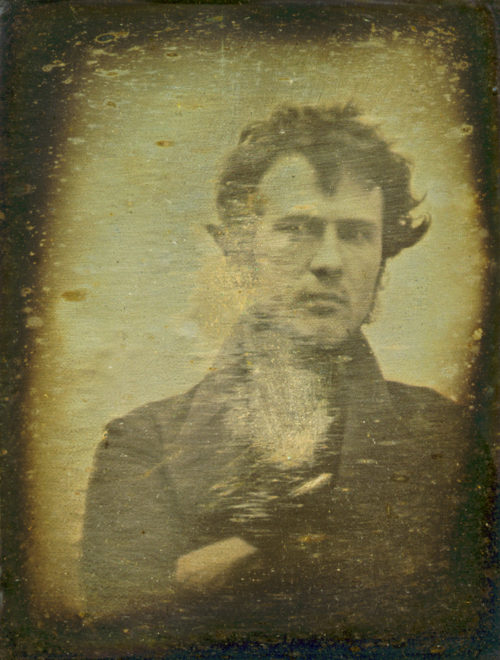
Robert Cornelius, self-portrait – believed to be the earliest extant American portrait photo
–
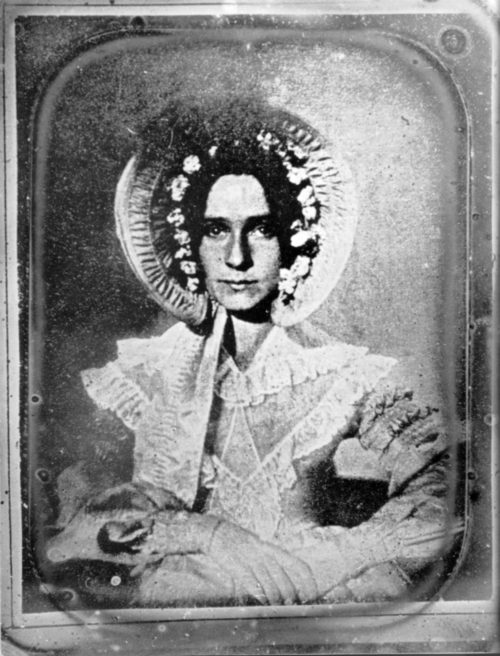
portrait of Dorothy Catherine Draper by her brother John William Draper – the earliest surviving photograph of a woman
–
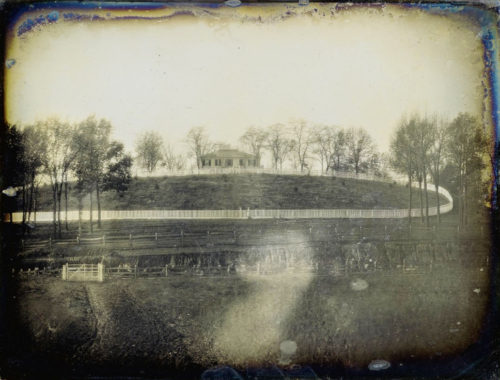
a daguerreotype, showing a country home next to what is believed to be the old Bloomingdale Road, the continuation of Broadway, in what is now the Upper West Side, New York City, in October 1848 or earlier.  it is currently the oldest known surviving photograph taken of New York City
–
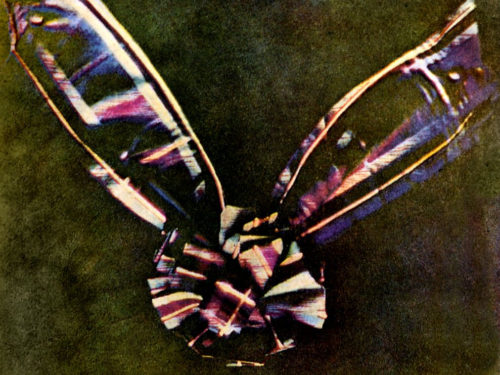
first color photograph taken by James Clerk Maxwell and Thomas Sutton. Best known for his development of electromagnetic theory, Scottish physicist James Clerk Maxwell dabbled in color theory throughout his life, eventually producing the first color photograph in 1861. Maxwell created the image of the tartan ribbon shown here by photographing it three times through red, blue, and yellow filters, then recombining the images into one color composite


 23. Jun, 2016
23. Jun, 2016 


